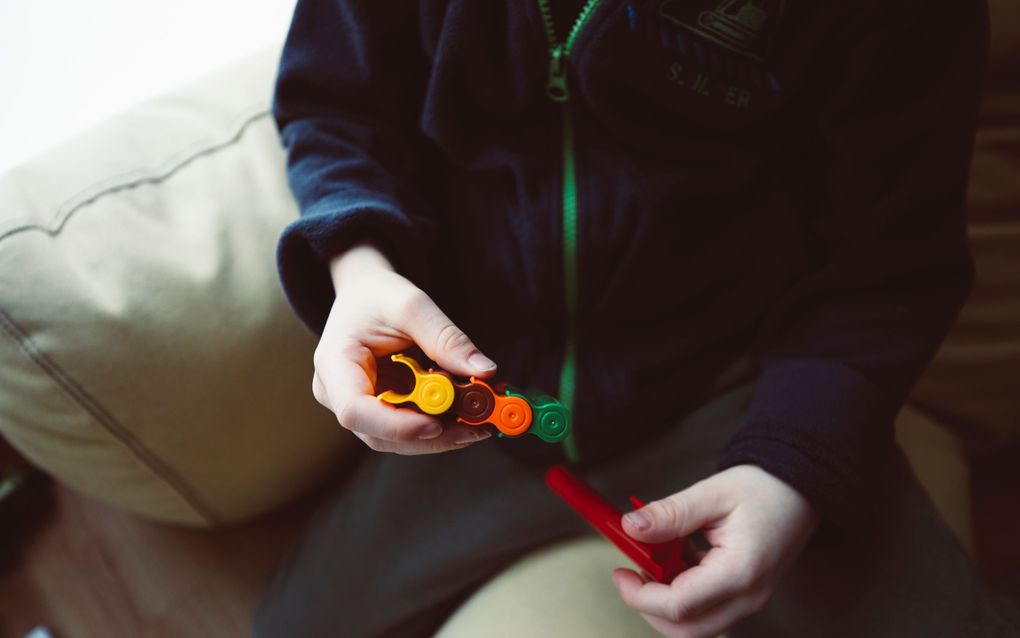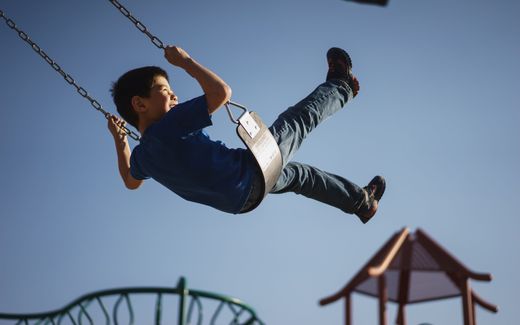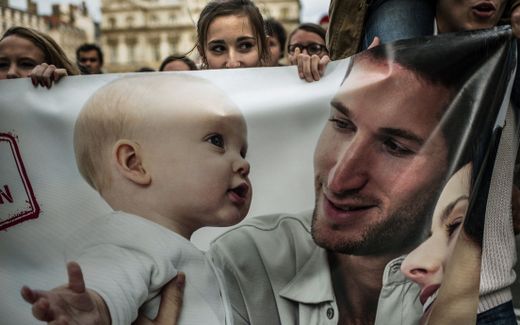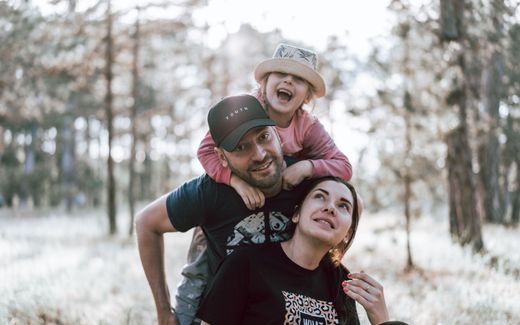To what extent should children determine their own life?

Children may have some autonomy, for example, in choosing whether they want to wear shoes or sandals. But should big decisions, such as about the holiday destination, also be left up to them? Photo Unsplash, Markus Spiske
Northern Europe
The time that parents could beat their children if the latter did not listen has passed. Modern children should be treated as little adults, the Danish newspaper Kristeligt Dagblad writes. However, can children handle so much autonomy?
In the 60s, physical punishment was banned from schools and, some decades later, from homes as well, Kristeligt Dagblad writes. "The children today must not only be seen but also heard."
The Danish Ministry of Children and Education writes on the national learning portal that "children are competent and independent." Minors are seen as citizens of society just as much as adults are. They have the right to express opinions, feelings, and views and "demand that this opinion be respected in accordance with the child's age and maturity," the UN Convention on the Rights of the Child reads.
Behaviour
This may sound nice, but in reality, "we give our children a form a pseudo-freedom," Danish sociologist Martin D. Munk says.
He believes that children have received more and more responsibilities over time, "but we forget that it requires an adult to make good decisions and have appropriate behaviour," the sociologist warns. He points out that children do not have the authority nor experience, or maturity to think far ahead about the consequences of the choices they make. "I can see that many children are going to be left alone with far too big decisions today. So yes to freedom under responsibility, but there must still be adults who show the child which paths it can and must follow", he points out.
Therefore, some parents unjustly have almost "become afraid of being parents," Munk says. "Of course, you should not overplay your role as a parent, but it is also wrong if you take the ideal of equality so far that you want to be friends with your children most of all."
Adversity
Many parents are afraid of damaging their children for the rest of their life, child psychologist Marie Tolstrup from Copenhagen adds. "Many parents lean on a story that there are some decisive years of a child's life. And if it goes wrong there, the child will be scarred by it for the rest of his life", she explains. And even though it might sometimes be true, the vast majority of children "can withstand more adversity than parents think," she believes.
This concept of "parental determinism" is often seen among parents who have "a lot of resources to find out whether they are good enough parents, either at the library or on the internet," Tolstrup says. "The fear of failing and traumatising their child means that the parents are constantly considering how to handle every little conflict or disagreement with the child because there is a feeling that there is always an optimal educational response in every situation, but there is not." Instead, the psychologist urges parents to "lean more on their intuition and gut feeling."
Important
The current view on children is double, says Ning de Coninck-Smith to Kristeligt Dagblad. She is a professor at the DPU Aarhus University and researched the history of school and childhood. "We adults have an ideal of being the children's ambassadors, but on the other hand, we still know best."
This dilemma can also be seen in the fact that parents have the desire to let their children play in the sandbox but also worry about whether their children spend their time properly and "learning what is important in terms of coping in the global competition we find ourselves in."
Competence
De Coninck-Smith emphasises the principle of the Danish therapist Jesper Juul: "The child is not competent in itself, but it requires a parent, an adult, to develop towards competence."
Sociologist Martin D. Munk agrees that adults are important for children. "For the child's sake, we as a society must especially focus on creating stable, safe family frameworks. Where the child is rooted and does not always have to take a stand for himself, alone."
Related Articles









